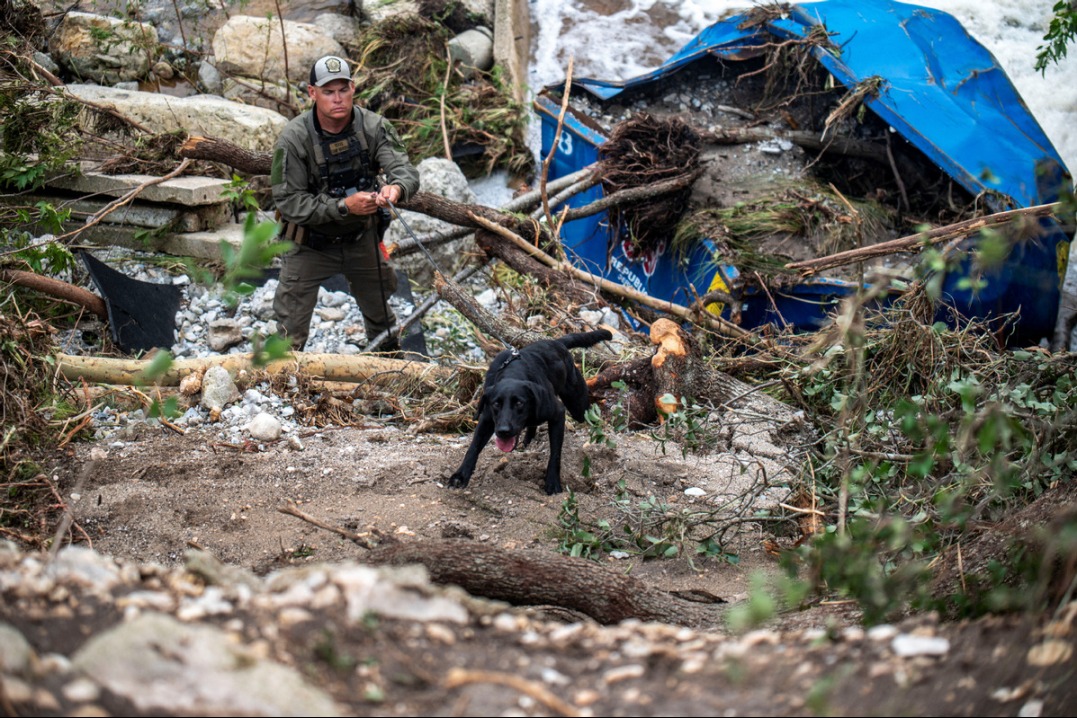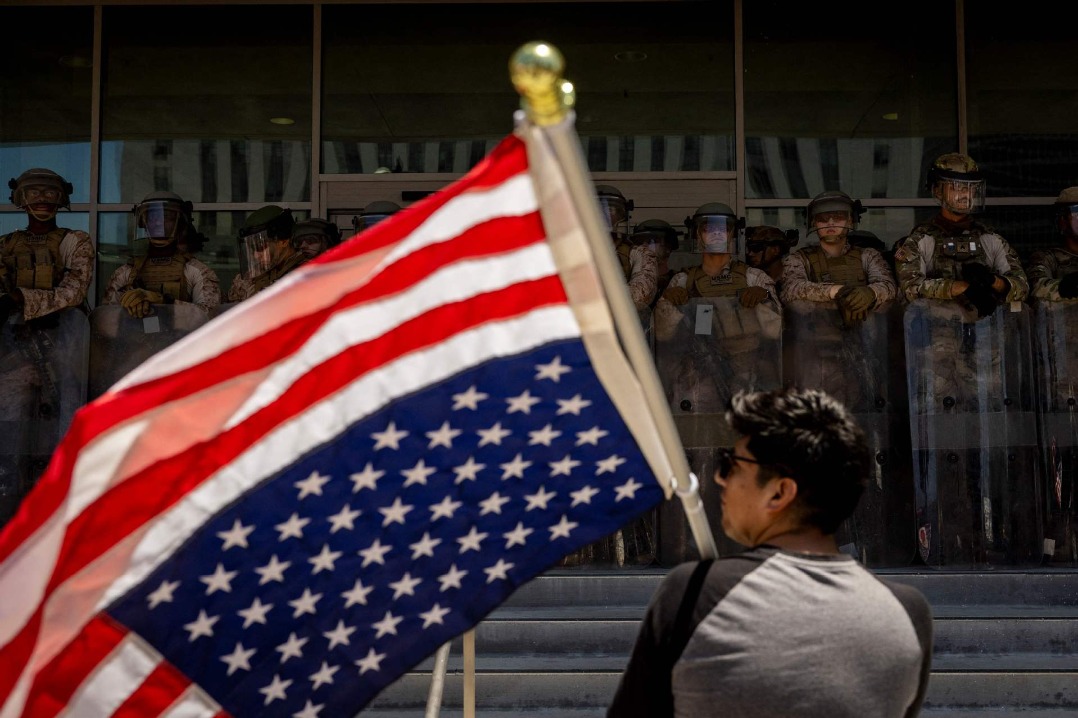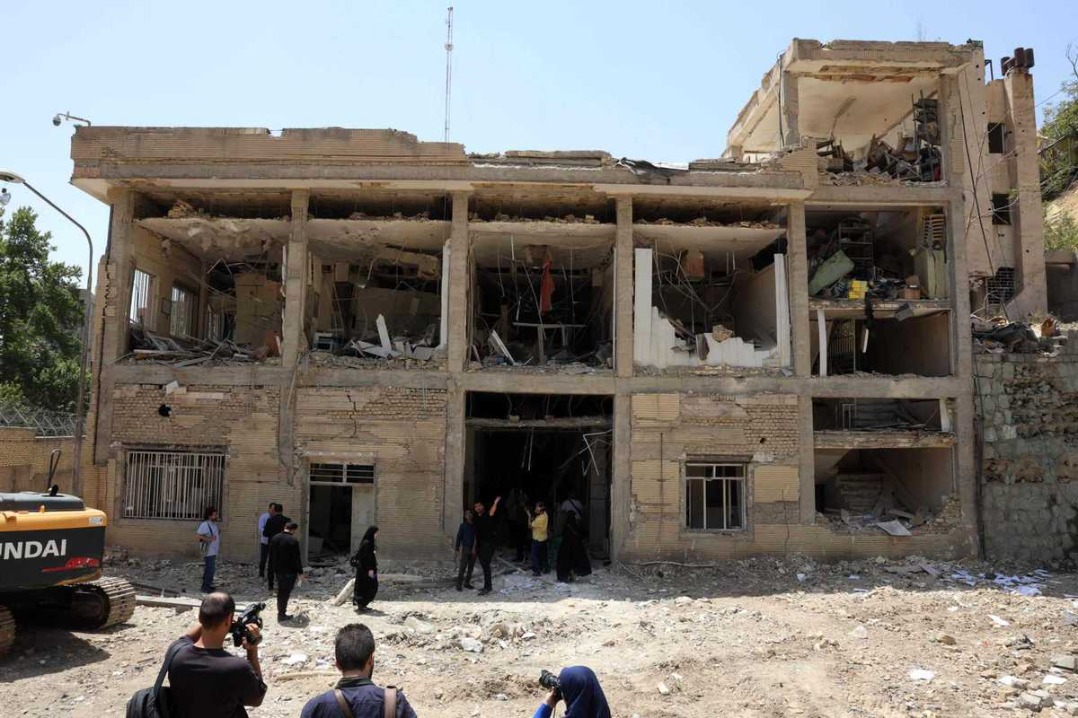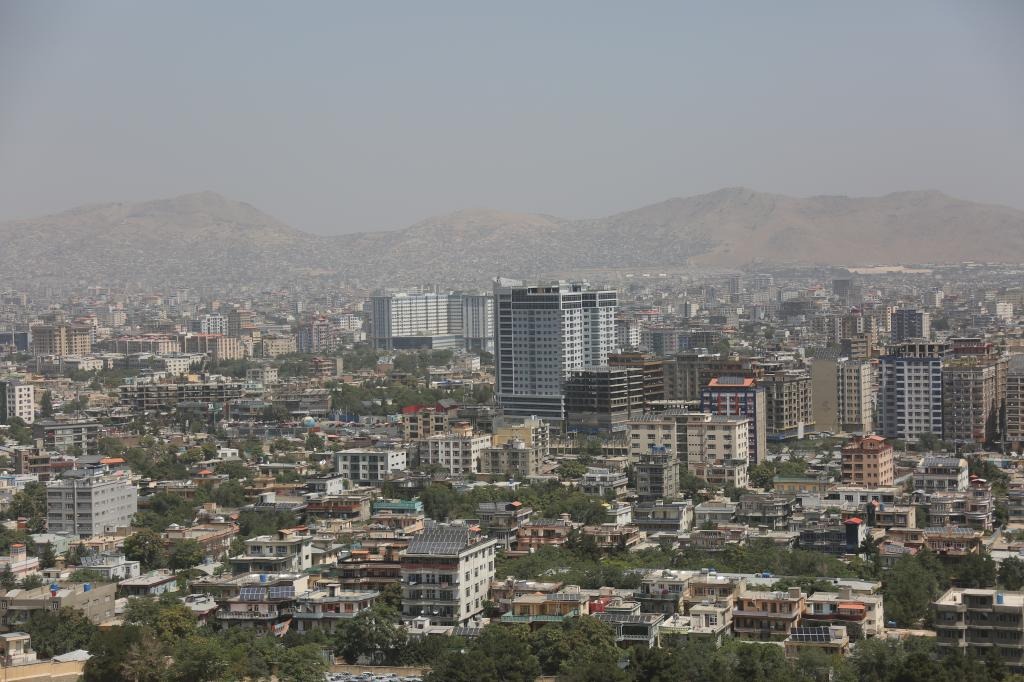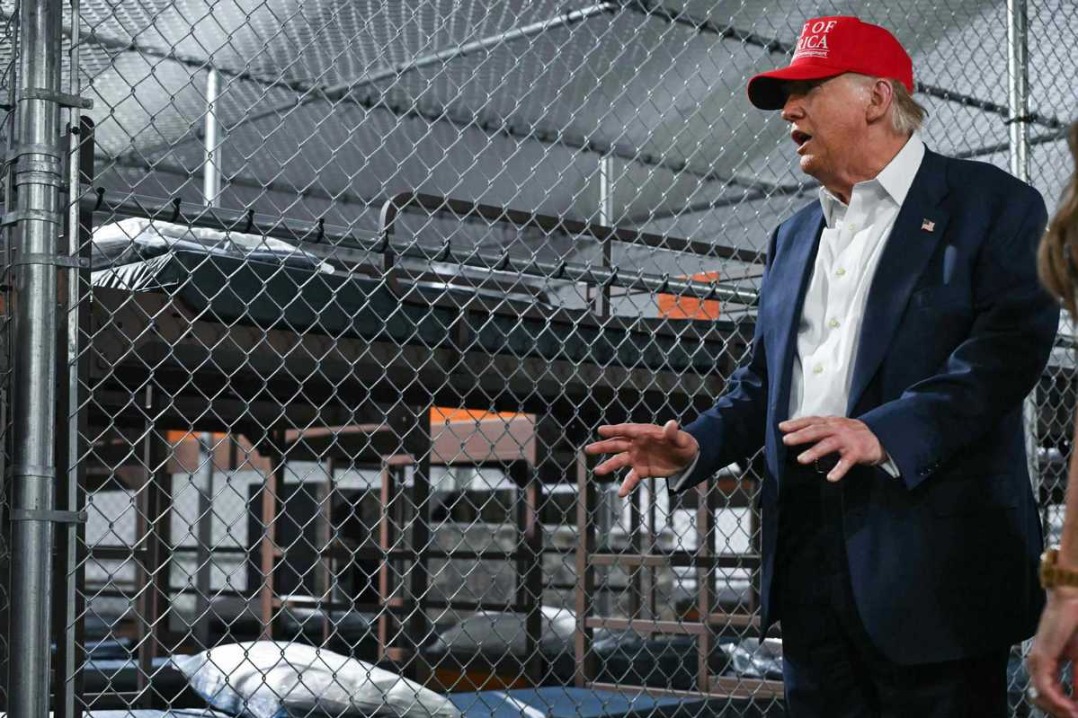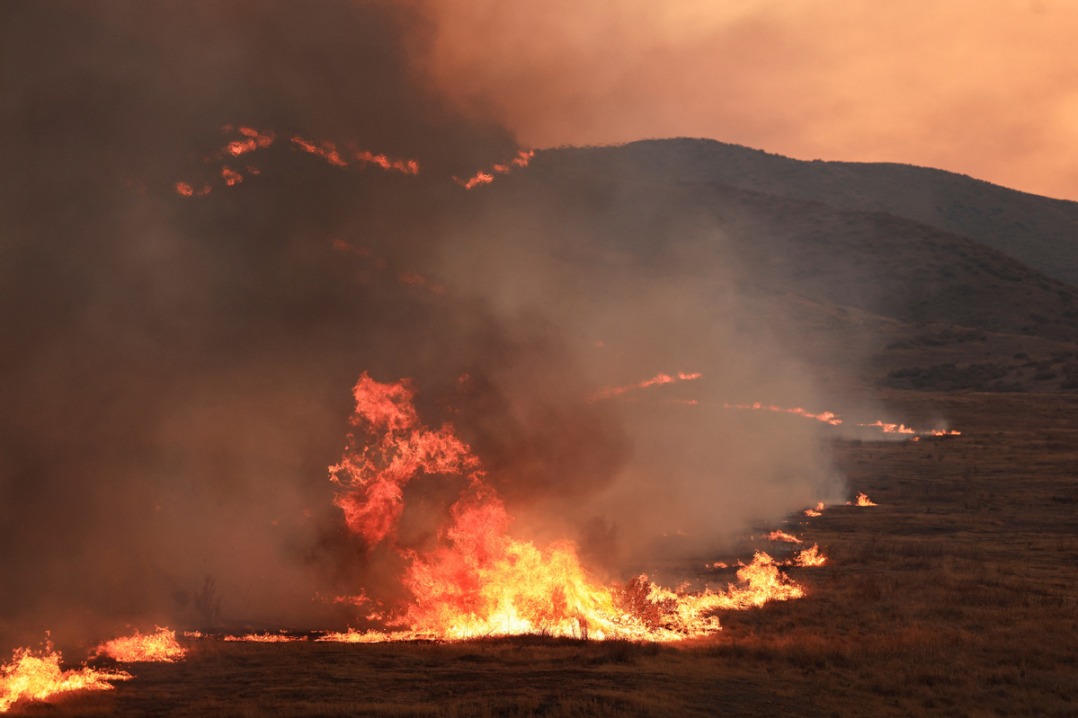Vaccine makers keep pre-payments for canceled COVID shot

When COVID-19 vaccines were in high demand, developing countries had to wait in line behind developed countries, which were able to pay more to reserve the doses.
Now with demand for the vaccines waning, drug companies have declined to refund $1.4 billion in advance payments made for orders of millions of vaccine doses that low-income countries later sought to cancel, The New York Times reported Wednesday.
An organization responsible for providing vaccines to low-income countries is also negotiating with pharmaceutical companies to cancel the vaccine orders it no longer needs, the Times said.
Under the contracts, the drug companies aren't obligated to return prepayments to reserve vaccines that were canceled by Gavi, a Geneva-based nongovernmental organization.
Gavi reached agreements with leading vaccine makers to buy the shots on behalf of Covax, a vaccine-sharing initiative backed by the World Health Organization (WHO) to improve vaccine access in low-income countries.
Some public health experts have criticized the drug companies' actions given how many doses of the vaccines Gavi had to cancel, the Times reported.
The drug companies were prioritizing high-income countries that could pay more to lock up the first doses, while significant number of developing countries couldn't begin to get their shots until late 2021.
When the vaccine supplies began to pick up, the demand also started to drop, prompting Gavi to cancel orders, the Times said.
Seth Berkley, CEO of Gavi, told The Washington Post that because of lower demand, Covax expects to deliver about 400 million doses globally in 2023 — less than half of the 1 billion or so doses it had been delivering each year, mainly to lower-income countries in 2021 and 2022.
Citing confidential documents, the Times said that Moderna, the Serum Institute of India and several Chinese manufacturers have agreed to cancel the orders, surrendering $700 million in prepayments.
Novavax is refusing to refund another $700 million in advance payments for shots it never delivered.
Gavi and Johnson & Johnson also are locked in a dispute over advance payments on 150 million COVID vaccine doses that Gavi ordered, the Times said.
Gavi had been expecting a significant share of those doses to be distributed by the end of 2021, but J&J had delivered fewer than 4 million doses by then.
According to the documents, the Times said that Gavi's administrators told J&J it wouldn't need that many shots, but the company manufactured them anyway. Now, the company wants Gavi to pay even more and accept the vaccines.
Vaccine makers have made more than $13 billion from vaccines distributed through Covax, the Times said.
COVID vaccine manufacturers "have a special responsibility" because their products are a societal good, and most of them were developed with public funding, Thomas Frieden, the chief executive of the global health nonprofit Resolve to Save Lives and a former director of the US Centers for Disease Control and Prevention, told the Times.
"That's a lot of money that could do a lot of good," he said of the payments drug companies won't refund.
According to Our World in Data, 20 percent of the population in low-income countries was fully vaccinated as of mid-December. Less than two booster shots per 100 people had been administered across the population in those countries, the Post reported.
Covax delivered fewer than 29 million doses in November 2022, less than a tenth of what it delivered in the same month in the previous year and its lowest number since June 2021, according to the Post.
The demand for vaccines is so low that Gavi board members in December agreed to consider whether to effectively end Covax in its current format after 2023.
"We're in a situation where it is country demand that is determining the shipments that are going out," Kate O'Brien, head of the WHO immunization program, told the Post. "We're not in a supply-constrained environment."
















